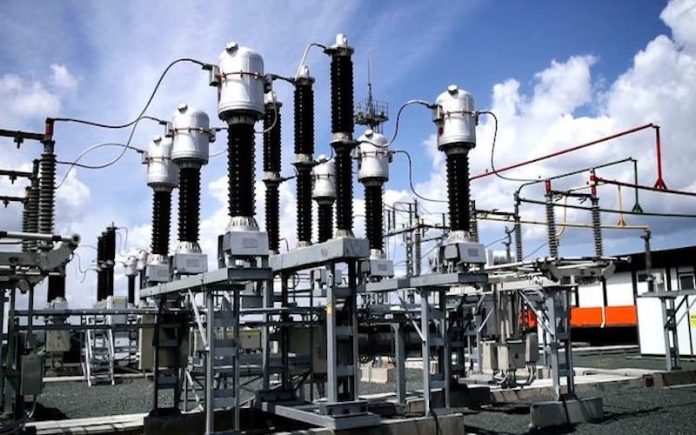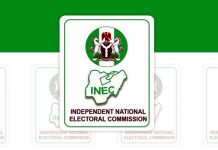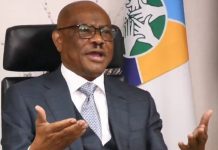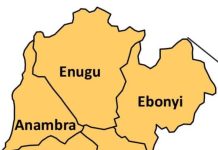Nigeria, the most populous country in Africa, has a national power grid that frequently collapses, causing power shortages that impede investment and economic progress.
According to World Bank estimates, Nigeria’s economy loses $29 billion annually as a result of the country’s erratic power supply, which results in nationwide blackouts.
This is the cause of Nigeria’s grid failure.
The core of the problem is Nigeria’s deteriorating electrical infrastructure. Frequent breakdowns are common in transmission lines and substations, some of which are over 40 years old.
For every 100 megawatts added to the grid, the government-owned Transmission Company of Nigeria (TCN) claims an average transmission loss of 7.79 megawatts.
According to Ayodele Oni, an energy lawyer in Lagos, years of underinvestment have made the system vulnerable to tripping when demand changes suddenly.
Vandalism and attacks on transmission equipment, particularly in northern Nigeria, exacerbate this. TCN reported 108 attacks on its towers and lines during the past two years.
Another significant factor is that just one-third of Nigeria’s 13,500 megawatt installed generation capacity is generated and distributed, despite the country having a population of over 200 million.
Read Also: Stanbic IBTC Pension Managers’ N50m FUZE 3.0 festival set to light up Lagos December 21
Furthermore, Nigeria produces less than 10% of the electricity produced by South Africa, a nation with a third the population, even though it has the seventh-largest gas reserves in the world.
Nigeria’s gas-fired power facilities, mostly in the southern part of the country, provide more than 75% of its electricity. In the north, hydroelectric plants produce the remaining amount.
The federal government controls the national grid, which receives electricity from power producing businesses and distributes it to consumers through 11 regional distribution corporations.
Nigeria’s grid has hardly changed more than ten years after the country’s energy industry was privatized.
However, the government permitted its 36 states to produce and transmit their own electricity last year. Five states have already started to create their own independent power markets, including Lagos, the country’s commercial center.
In order to increase access to electricity in rural areas, the government is also collaborating with the World Bank to construct 1,000 tiny solar grids.
Sherisse Alexander, chief business officer at independent power producer WATT Renewable Corporation, stated that Nigeria has to adopt a more robust strategy to integrate decentralized energy sources, such solar power combined with storage, to supplement the country’s system.
Join Television Nigerian Whatsapp Now
Join Television Nigerian Facebook Now
Join Television Nigerian Twitter Now
Join Television Nigerian YouTUbe Now





